Over the course of the last few articles, I've explained volume, intensity, and frequency. If you haven't read those yet, you can find them here:
What is Volume? - Explained
What is Intensity? - Explained
What is Frequency? - Explained
This article will take what you've learned from the other articles and wrap them up into a useful summary. That said, keep in mind, there are many variables that go into a training program so I can't just give a routine that will be optimal for everyone. Instead, I will give guidelines that you can use to craft your own program.
Volume
The Wernbom 2007 systematic review established ~40-70 reps per muscle group (or movement) per session as the range appropriate for most lifters. [1]
Intensity
For Strength:
~2/3 to 3/4 total volume in the 1-6 rep range
For Hypertrophy:
~2/3 to 3/4 total volume in the 6-12 rep range
Frequency
Optimally, you should train each muscle group 2-3 times per week. Alternatively, you can simply take the volume that you've determined you need and split that amongst the days you have available to train
VIF Summary
A wide range of volume is possible here. On the low end there's 2 sessions of 40 reps per muscle group (80 reps per week) and on the high end there's 3 sessions of 70 reps per muscle group (210 reps per week). This range is meant to encompass everyone, which is why it is so wide. If you are a new lifter, you should stay on the low end of this range. If you are a lifter who has been lifting for many years, you will be on the high end of this range. Most people will fall somewhere in the middle.
Another thing to keep in mind is that these are guidelines, not rules. It is true that studies show this is the optimal range; however, there are statistical outliers. Just because the established range is 40-70 reps, doesn't mean you won't grow on 39 reps or 71. You may find that you fit slightly outside of the "optimal guidelines"; however, if you aren't careful, you will find that you've contracted a case of snowflake syndrome.
Snowflake Syndrome
Snowflake Syndrome runs rampant in gyms across the world, especially in new trainees. What is this terrible disease you ask? Well it's simply that we love to think that we are all unique little snowflakes and that we all have found the best way to train. Now I say this out of love for you guys so don't think I'm making fun of anyone here. Trust me, I had a pretty extreme case of Snowflake Syndrome myself back when I started training too.
There are two major origination points for Snowflake Syndrome:
- Newbie Gains: If you are new to resistance training, ANYTHING will make you grow because anything far surpasses nothing; however, if you're like I was when I started lifting, you let these rapid gains go to your head and you think that you've somehow found the worlds greatest training protocol.
- Steroids: To borrow a phrase from Lyle McDonald, steroids are far more effective than any workout program. If someone is on steroids, it does not matter what they do, they will grow more than you and in less time.
We all share similar physiology. We all, for the most part, fit within the above guidelines and even those who fall outside the guidelines do not fall outside them by much. There won't be anyone who can grow on only 10 reps per week and there won't be anyone who needs 500 reps per week to grow. I say all of that to say this. When tailoring your training protocol work from the inside out, not the outside in. Start within the basic VIF guidelines and tweak them as you go along.
I hope this article helped. If you'd like to hire me as a coach, you can click here to fill out an application that goes straight to my phone. As always, God bless you AND your family and I'll see you next time.
References:
1. Wernbom, M., J. Augustsson, and R. Thomee, The influence of frequency, intensity,
volume and mode of strength training on whole muscle cross-sectional area in
humans. Sports Med, 2007. 37(3): p. 225-64.







